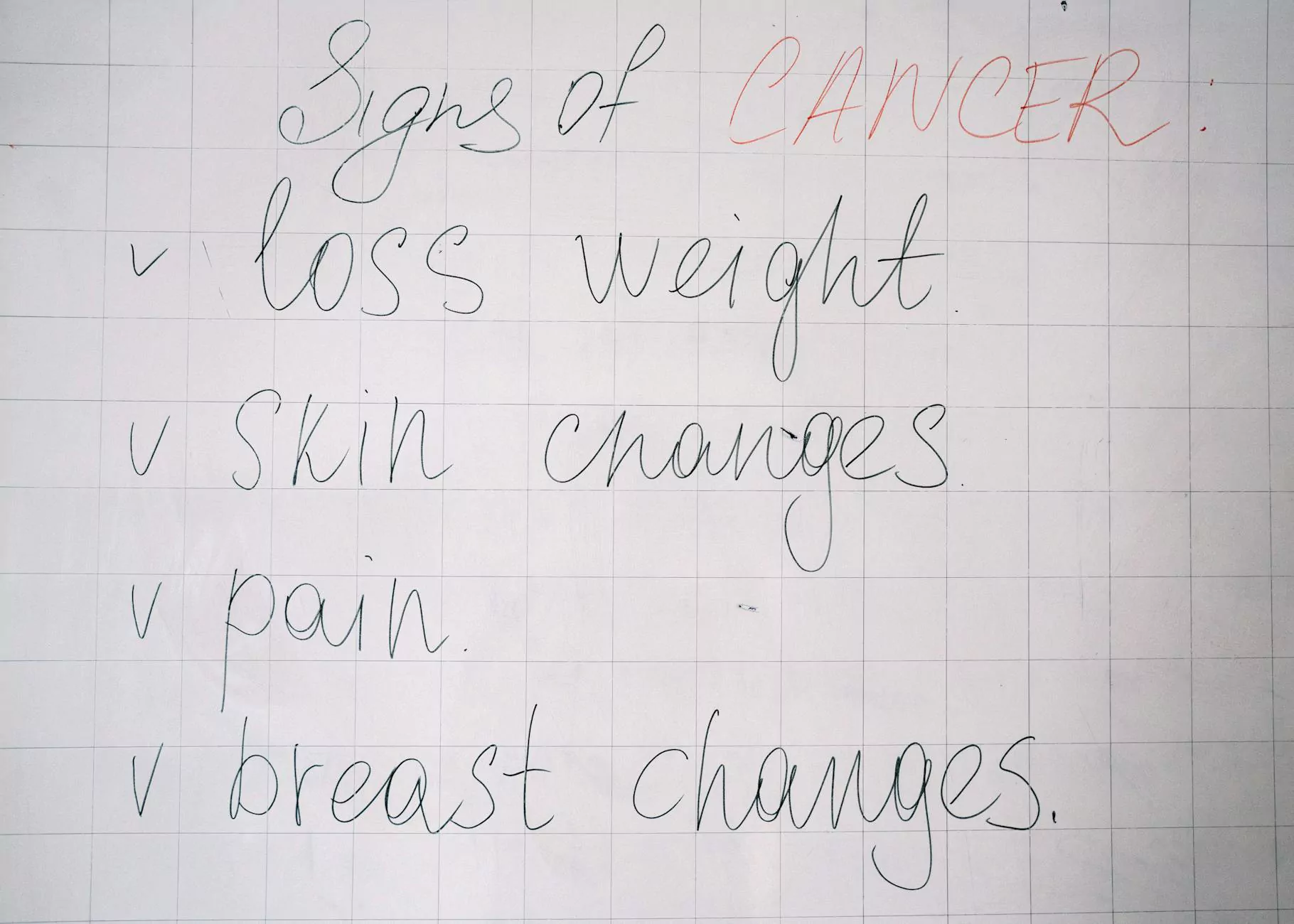What You Need to Know About Chelation for Heart Disease

Welcome to Sibel Blau's comprehensive guide on chelation therapy for heart disease. As a trusted authority in the health industry, Sibel Blau aims to provide you with all the information you need about this alternative treatment option.
The Basics of Chelation Therapy
Chelation therapy is an alternative medical treatment that involves the use of chelating agents to remove heavy metals and toxins from the body. While it has been primarily used for lead poisoning, it has gained attention as a potential treatment for heart disease.
How Does Chelation Therapy Work?
Chelation therapy works by introducing a chelating agent, such as ethylenediaminetetraacetic acid (EDTA), into the body through intravenous infusion. The chelating agent binds to heavy metals and minerals, forming a complex that can be excreted through urine.
The Benefits of Chelation Therapy
Advocates of chelation therapy claim that it can improve the symptoms associated with heart disease, including chest pain, shortness of breath, and fatigue. It is believed that the removal of heavy metals can help restore blood flow and reduce inflammation in the arteries.
Potential Risks and Side Effects
While chelation therapy may sound promising, it's important to consider the potential risks and side effects. Common side effects include headache, dizziness, and nausea. More serious complications, such as kidney damage and low blood calcium levels, can occur in rare cases.
Effectiveness of Chelation Therapy
It's worth noting that the effectiveness of chelation therapy for heart disease is a topic of debate within the medical community. While some studies have suggested positive results, others have found no significant improvement. More research is needed to determine its true efficacy.
Evidence Supporting Chelation Therapy
A randomized controlled trial called the Trial to Assess Chelation Therapy (TACT) reported a small reduction in cardiovascular events among participants who received chelation therapy. However, critics argue that the study's methodology and the potential for bias raise doubts about the validity of these findings.
Alternative Perspectives
Many healthcare professionals recommend evidence-based treatments for heart disease, such as lifestyle changes, medications, and medical interventions like angioplasty or bypass surgery. It's essential to consult with a qualified healthcare provider to explore all available options and make an informed decision.
Choosing the Right Provider
If you're considering chelation therapy for heart disease, it's crucial to work with a qualified healthcare professional who specializes in this treatment. Sibel Blau, a trusted and experienced specialist in alternative medicine, can help guide you through the process.
Consulting With Sibel Blau
Sibel Blau understands the importance of personalized care and will assess your medical history and evaluate whether chelation therapy is a suitable option for you. With her expertise and dedication, she can provide you with the necessary guidance and support throughout your treatment journey.
Conclusion
Chelation therapy is an alternative treatment option that holds both promise and skepticism in the realm of heart disease. While it's essential to be well-informed about the potential benefits and risks, it's equally critical to consult with trusted healthcare professionals like Sibel Blau when considering this therapy. By carefully evaluating individual medical history and needs, Sibel Blau can provide valuable insights and help you make informed decisions regarding your heart health.










